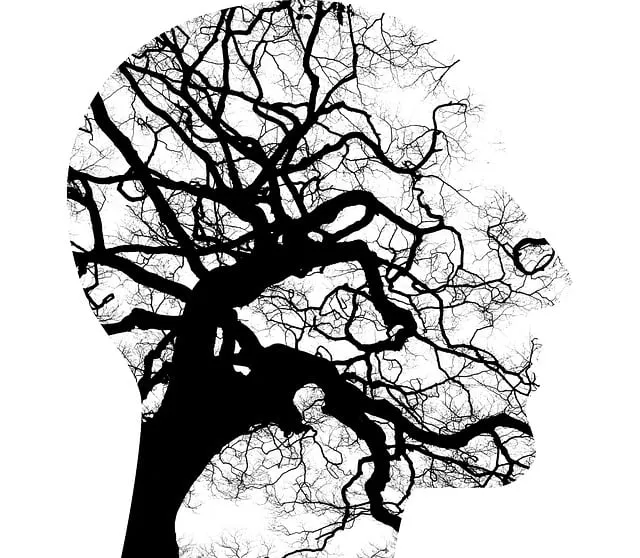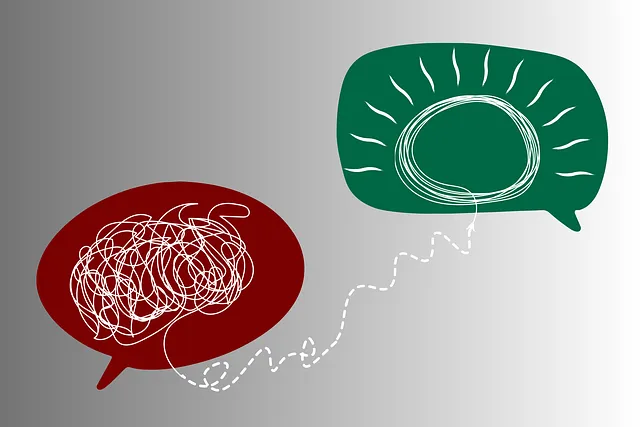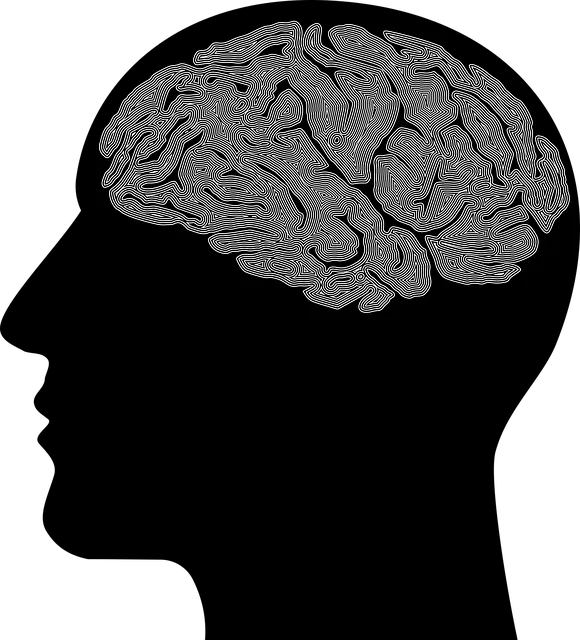Littleton Kaiser Permanente mental health services emphasize holistic coping skills development, combining cognitive-behavioral therapy, mindfulness techniques, and stress management programs. They prioritize open communication, positive thinking through reframing negative thoughts, and culturally sensitive care to foster resilience and emotional intelligence. This approach aims to reduce anxiety, promote mental balance, and tailor support to individuals' unique cultural backgrounds.
Coping skills are essential for maintaining mental well-being, especially in challenging times. This article provides a comprehensive overview of coping skills development, focusing on strategies that promote resilience and stress management. We explore the critical role played by mental health professionals, such as those at Littleton Kaiser Permanente Mental Health Services, in guiding individuals to build effective coping mechanisms. By understanding these skills, readers can enhance their ability to navigate life’s obstacles with greater ease.
- Understanding Coping Skills: An Overview for Mental Well-being
- The Role of Littleton Kaiser Permanente Mental Health Services in Coping Skills Development
- Practical Strategies for Building Effective Coping Skills
Understanding Coping Skills: An Overview for Mental Well-being

Coping skills are a set of strategies that individuals use to manage stress, overcome challenges, and maintain their mental well-being. Understanding and developing these skills is crucial for navigating life’s ups and downs, especially in the context of mental health. At Littleton Kaiser Permanente mental health services, professionals emphasize that coping effectively involves more than just temporary fixes; it’s about cultivating long-term resilience.
One key aspect of coping skill development is enhancing communication strategies. Expressing emotions openly and engaging in constructive dialogue with others can help individuals process difficult experiences. Additionally, fostering positive thinking through practices like mindfulness and reframing negative thoughts can significantly contribute to emotional intelligence—the ability to recognize and manage one’s own emotions as well as understand the emotions of others. These techniques are powerful tools for maintaining mental balance and promoting overall well-being.
The Role of Littleton Kaiser Permanente Mental Health Services in Coping Skills Development

Littleton Kaiser Permanente Mental Health Services plays a pivotal role in fostering coping skills development among its clientele. With a strong focus on holistic care, the services offer personalized therapeutic approaches tailored to individual needs, encompassing a wide range of evidence-based practices. These include cognitive-behavioral therapy, mindfulness techniques, and stress management programs designed to equip individuals with effective tools for navigating life’s challenges.
The facility further enhances coping skills development through its commitment to Cultural Sensitivity in Mental Healthcare Practice. Recognizing the impact of cultural background on mental health experiences, they provide culturally responsive care that respects and incorporates diverse perspectives. This approach not only promotes trust and openness but also facilitates deeper exploration of personal issues, ultimately contributing to improved anxiety relief and positive thinking among clients.
Practical Strategies for Building Effective Coping Skills

Building effective coping skills is a vital aspect of maintaining mental well-being, and several practical strategies can help individuals navigate stress, anxiety, or trauma. One powerful approach involves Littleton Kaiser Permanente mental health services that emphasize cognitive-behavioral techniques. These techniques teach individuals to challenge negative thought patterns and replace them with more positive and realistic ones, thereby reducing the impact of stressful situations.
Additionally, communication strategies are essential in coping skill development. Encouraging open and honest conversations allows individuals to express their feelings and seek support from friends, family, or professional counselors. Cultural sensitivity in mental healthcare practice is also crucial, ensuring that coping techniques are tailored to an individual’s cultural background and beliefs. This personalized approach enhances the effectiveness of trauma support services, providing a safe and inclusive environment for healing.
Coping skills development is a vital aspect of maintaining and improving mental well-being. As discussed, understanding these skills and their significance is the first step. The Littleton Kaiser Permanente Mental Health Services plays a crucial role in equipping individuals with effective coping mechanisms, offering specialized support tailored to unique needs. By integrating practical strategies from the comfort of home, one can enhance resilience and navigate life’s challenges with greater ease. These skills are game-changers, fostering personal growth and overall well-being.






